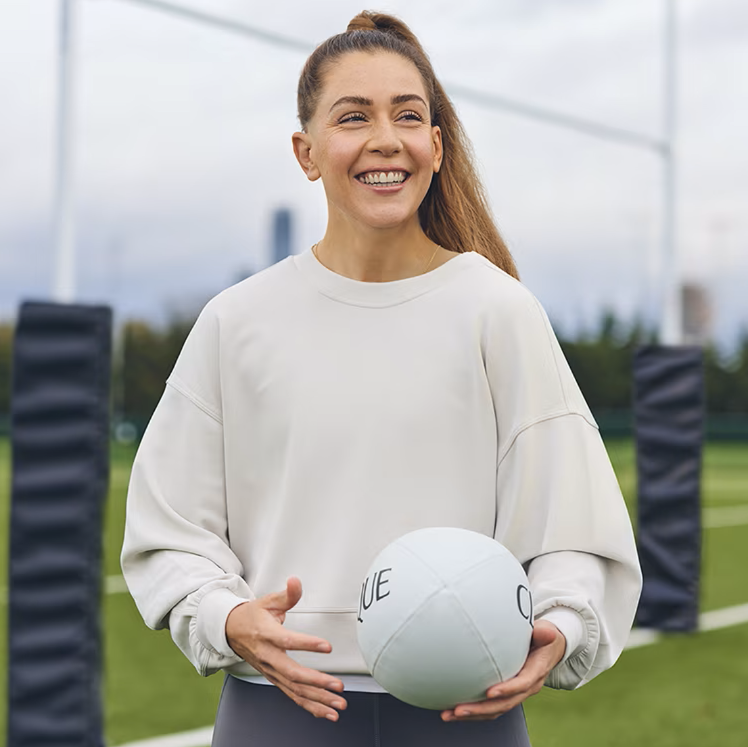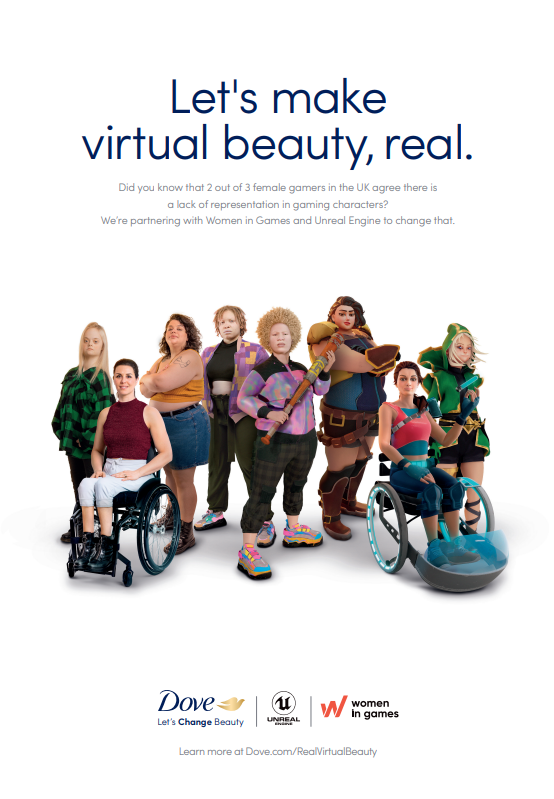
For many, February is widely recognised as a month when people celebrate love and indulge in one too many pancakes but… did you know that February was also annually observed as International Boost Self-Esteem Month?
It’s become an increasingly important topic in the beauty industry, so we wanted to take a look at how health & beauty brands can consider this with their own consumers in mind.
Firstly, what do we really mean by ‘Self-Esteem’ and how can it impact individuals?
According to
Mind, the easiest way to define Self Esteem is this:
Self-esteem is how we value and perceive ourselves. It's based on our opinions and beliefs about ourselves, which can feel difficult to change. We might also think of this as self-confidence.
Self-esteem can be measured on a high-low scale, and according to the American Psychological Association, having high self-esteem is key to positive mental health and well-being as it enables individuals to develop coping skills, handle adversity, and put the negative into perspective.
In contrast to this, low self-esteem can be particularly detrimental, impacting individuals on an everyday basis, affecting:
- One’s ability to make decisions
- Recognise their own strengths
- Feel able to try new things
- The way we talk to ourselves (negative self-talk)
- How we dwell on mistakes
Should boosting consumer self-esteem be a consideration for the beauty industry?
Absolutely! And here are a couple of reasons why:
A
2022 Opinium survey found that confidence in our appearance is a top driver for self-esteem and the number of Brits reporting low self-esteem has tripled in the last two decades.
The cost-of-living crisis has forced individuals to consider which aspects of their beauty routines they can afford and which they have to abandon. A study by beauty giant,
Avon, detailed how 25% of women globally have given up perfume and one in five women have chosen to go without makeup and skincare and given how our beauty and skincare routines are increasingly intertwined with how we feel about appearance, it’s not surprising that scaling back is getting us down.
Furthermore, Pull’s very own
Future of Beauty report: Is your brand ready for Gen Z? identified a dramatic shift in generational consumer attitudes - finding that 71% of generation Z’ers would actually prefer to always feel good rather than always look good. Showing that brands need to look beyond the unattainable beauty advertising that once motivated and aspired previous generations to attain.
Are there any examples of brands advocating self-esteem in their messaging?
Yup.
In December 2022, global skincare experts Clinique launched their
#GameFace campaign and sponsorship programme which focused on the transformative power of effective skincare and sport to improve the confidence of young girls around the UK. The movement was crafted to help them to feel happy and secure in their own skin and champion the energy and exuberance that sport delivers - alongside Clinique's expertise, as skincare solutions providers and ultimately giving young women the confidence to show up to the world as their very best selves for generations.

Dove has been changing the narrative of beauty since 2004 but, I’d like to highlight one of its more recent campaigns; Dove's
Real Virtual Beauty campaign.
The campaign is the first of its kind and together with activist organisation Women in Games and Epic Games’ Unreal Engine, it aims to encourage developers to create a healthier, more diverse representation of women and girls in games.
To support this ambition, Dove’s Real Beauty in Games training programme was launched, offering an online, accredited course to educate designers, creators and moderators about the beauty and diversity issues in gaming. It also tackles issues such as how to avoid unconscious bias across the stages of avatar and character development.

At the end of 2020, The Body Shop launched a ground-breaking study, surveying over 22,000 people living across 21 different countries. Its aim was to explore the different dimensions of self-love, including the perception of oneself, frequency of experiencing emotions such as nervousness or anxiety, personal confidence, resilience, and reported drivers of self-esteem.
When the results came in, it highlighted that one in two women globally feel more self-doubt than self-love and that the top three causes of low confidence among women were financial status (32%), not achieving their goals in life (25%) and looks (23%).
In response to this, The Body Shop made a long-term commitment to using its voice to build self-esteem globally and launched an initiative titled;
Self Love Uprising, to create positive change in the world. Its mission was to spread one million acts of self-love in one year with the help of global partners like actor and activist Jameela Jamil and Sara Kuburic (aka The Millennial Therapist). …Needless to say, the campaign was a huge success, and more than two million acts of self-love were shared in just a few months!
With body positivity and representation continuing to expand in the beauty industry, it’s now more important than ever for beauty brands to be considering what they can do to encourage confidence & self-esteem in their consumers. For more information on what your brand can do or a deeper dive into what your consumers think, get in touch today at
info@thepullagency.com.
Posted 23 February 2023 by Anne Chianalino